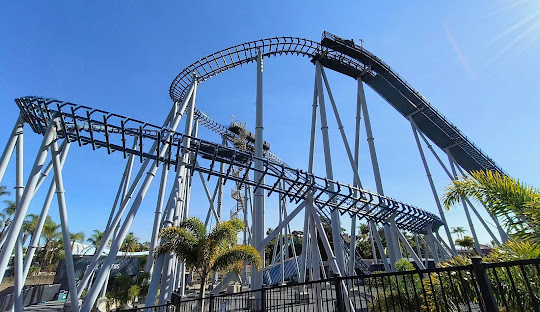
Brisbane's Economy: A Thriving Hub of Business and Industry
Posted by on
Brisbane, classified as a global city, stands out as one of the leading economic centers in Australia and the Asia-Pacific region. With a robust Gross Domestic Product (GDP), Brisbane ranks among the top cities for economic output, showcasing strengths in various sectors such as mining, banking, insurance, transportation, information technology, real estate, and food services.
The city's corporate landscape is home to several major companies, including Suncorp Group, Virgin Australia, Aurizon, and Bank of Queensland, making Brisbane a significant business hub. In addition to these local giants, numerous international firms maintain offices in the city, further enhancing its reputation as a prime destination for commerce.
Brisbane's historical importance as a seaport city is underscored by the Port of Brisbane, strategically located at the mouth of the Brisbane River on Moreton Bay and Fisherman's Island. As the third-busiest port in Australia in terms of goods value, the port handles a variety of exports, including container freight, sugar, grain, coal, and bulk liquids. Most of its facilities, some constructed on reclaimed land, are less than thirty years old, reflecting modern infrastructure capabilities. The Port of Brisbane is part of the Australia TradeCoast, which also includes Brisbane Airport and significant industrial estates along the river.
The city's economy is characterized by a mix of white-collar and blue-collar industries. White-collar sectors, including information technology, financial services, and higher education, are primarily concentrated in and around the central business district and in satellite hubs such as South Brisbane and Fortitude Valley. Conversely, blue-collar industries, encompassing petroleum refining, stevedoring, paper milling, and metalworking, are typically situated near the Port of Brisbane and in newly developed industrial zones on the urban fringe.
Tourism plays a vital role in Brisbane's economic landscape, serving not only as a destination but also as a gateway to other parts of Queensland. The city attracts a substantial number of international students, with over 95,000 enrolled in universities and other tertiary institutions within the City of Brisbane local government area in 2018.
Retail activity in Brisbane is centered around the Queen Street Mall, Queensland's largest pedestrian shopping area. The CBD features various shopping centers, including Uptown, Wintergarden, and QueensPlaza, catering to diverse consumer preferences, from luxury brands to everyday shopping needs. Inner-city suburbs like Fortitude Valley, South Brisbane, and West End are also vibrant retail hubs.
Outside the city center, retail activity expands into numerous regional and super-regional shopping centers, including Westfield Chermside, Garden City, and Logan Hyperdome. The 100-hectare Brisbane Markets at Rocklea serve as the largest wholesale markets, complemented by smaller markets scattered throughout the city, such as those at South Bank Parklands and Eat Street Markets in Hamilton.
Overall, Brisbane's economy reflects a dynamic blend of industries and sectors, underpinned by its strategic location, diverse workforce, and a thriving retail environment. As the city continues to grow, it remains poised to play a pivotal role in the economic landscape of Australia and the broader Asia-Pacific region.